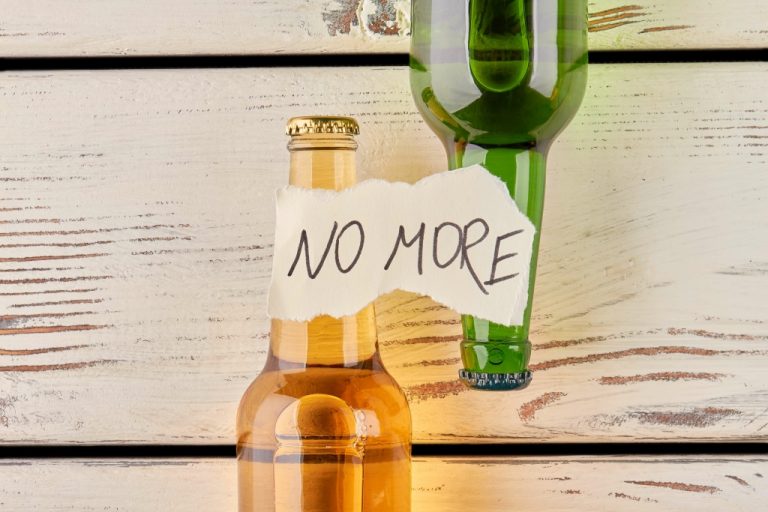How to Share Your Recovery Story with Confidence
Avoid embellishing details, as genuine vulnerability often resonates more powerfully with listeners. Being honest about your challenges enhances understanding and allows others to see that recovery is possible, regardless of the https://eparchitecture.com/list-directory-minnesota-association-of-sober-2/ hurdles faced. When shared with authenticity and vulnerability, they build trust, break down barriers, and create a sense of shared humanity.
Get Started Collecting Stories
By articulating diverse experiences, individuals contribute to a broader dialogue that embraces different viewpoints, which can lead to greater social awareness and understanding. In doing so, storytellers not only validate their own experiences but also empower others to share their narratives, creating a ripple effect of inspiration and courage. When choosing a story to share, consider the emotions you want to evoke in your audience.
Using Different Mediums to Share Your Journey
Insights shared not only counteract common misconceptions but also highlight the effectiveness of treatment and the ongoing nature of an individual’s recovery journey. A structured narrative can make your recovery story more engaging and impactful. Consider outlining your story with a clear beginning, middle, and end. Start with your experiences before recovery, transition into your journey through treatment, and conclude with where you are now and your aspirations for the future.
Aura Health Team
- Take the first step and write your story on History Chip, for free.
- The next time you face a challenging moment, consider sharing your experience.
- I believe family is the most important relationship we have as humans and they are the people we build the most intimate memories with.
- When done right, it’s one of the most natural ways to create meaningful connections with the people who need your help.
As these narratives circulate, they not only aid the individual’s healing process but also promote awareness and advocacy. This ultimately creates a supportive environment where others may feel empowered to embark on or continue their own recovery journey. Moreover, sharing coping strategies, such as leaning on a support network or practicing mindfulness, can empower individuals in recovery to take proactive steps in their lives. This emotional resonance can inspire hope, encouraging others to believe in their potential for change and recovery. Highlighting specific challenges faced and the techniques that supported them can resonate deeply with those battling similar issues.

You are currently viewing a placeholder content from reCAPTCHA. You are currently viewing a placeholder content from Facebook. You are currently viewing a placeholder content from Chatbase. When I am not writing, I love to spend time with my family and I also love speed racing. We acknowledge the traditional owners of Country throughout Australia. We pay our respects to Aboriginal and Torres Strait Islander cultures, and to Elders past and present.
Connect
We’ve discussed the reasons to share your life story and the benefits of sharing your life story. It is our hope you can find at least one reason to share your life story with others. Your personal narrative is a part of our collective history and wisdom. There are some tips for sharing life stories to help you craft a compelling story. When we share our personal stories, we connect our experiences to others. It’s a powerful tool for healing, historical preservation, and cultural continuity.

Inspiring Others Through Your Recovery Journey
It is also crucial to be mindful of your own emotional well-being when sharing personal stories. Recognize that revisiting certain experiences can be emotionally challenging. Take breaks when needed, practice self-care, and seek support from sharing your story to help others trusted friends or professionals if necessary. When sharing personal stories, it is important to create a safe space for both yourself and your listener.
- You may want to share your story through art, poetry, writing, or other creative pursuits.
- We believe in giving young people a place to share their stories, which can help bring people together.
- When people hear each other’s stories, they become more attuned to emotions and perspectives, which cultivates compassion and support.
- It affirms what you have gone through and shows you just how much you have overcome to get to where you are today.
- It allows you to take ownership of your experiences, and to offer a light to other people struggling through difficult times.
Encouraging empathy and support

So embrace the artistry of storytelling, and let your personal narratives inspire, educate, and empower. In conclusion, personal stories have the power to foster human connection and shape our identity. Through storytelling, we build bridges of empathy and understanding, while also gaining a deeper understanding of ourselves. So, let us continue to share and listen to personal stories, for they have the potential to transform lives and create a more compassionate and interconnected world. Real-life stories of individuals who have bravely shared their experiences can provide powerful insights into the impact storytelling can have.
When recalling together key shared moments, both the joyful and the sad ones, family members can feel a sense of belonging and connectedness to each other. Even on a community level, sharing personal stories can help to bring people together across divisions. Sharing personal recovery experiences plays a crucial role in community-building and forming emotional connections among individuals. It fosters a sense of belonging, reinforcing the idea that no one is alone in their struggles. Authentic storytelling humanizes the challenges of addiction and encourages a supportive environment.
Navigating Emotional Responses
They show us that when we come together and support one another, we can create a chain reaction of positivity that touches countless lives. One story can be shared in multiple ways – repurposing makes sharing your story easy! Sharing your story isn’t just about the words—it’s about connection, healing, and growth. Sharing your story can reduce feelings of isolation, improve emotional clarity, and provide alcoholism treatment a sense of empowerment.
